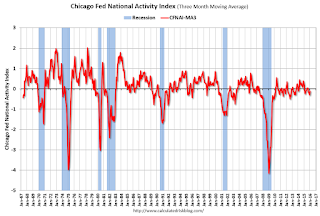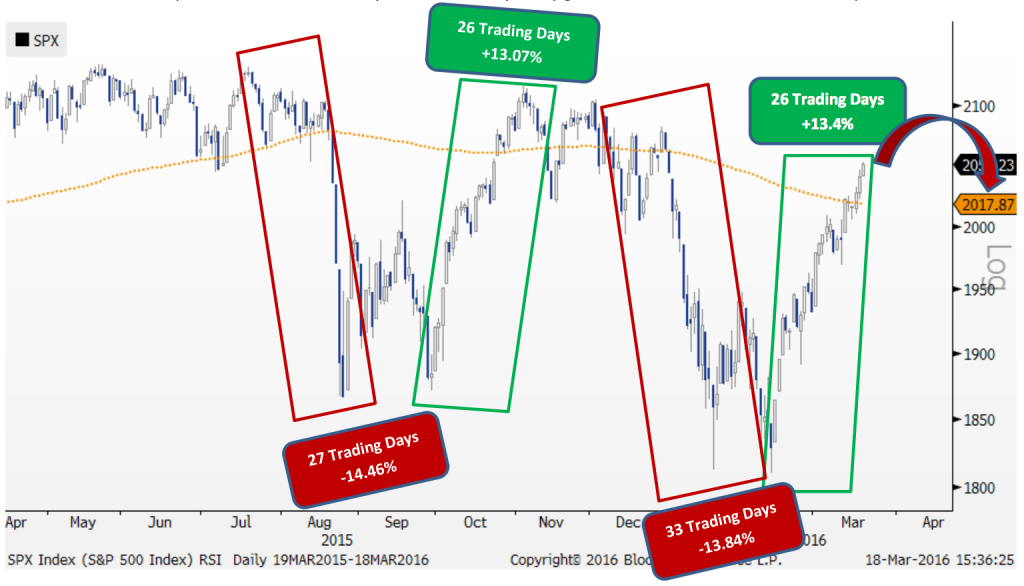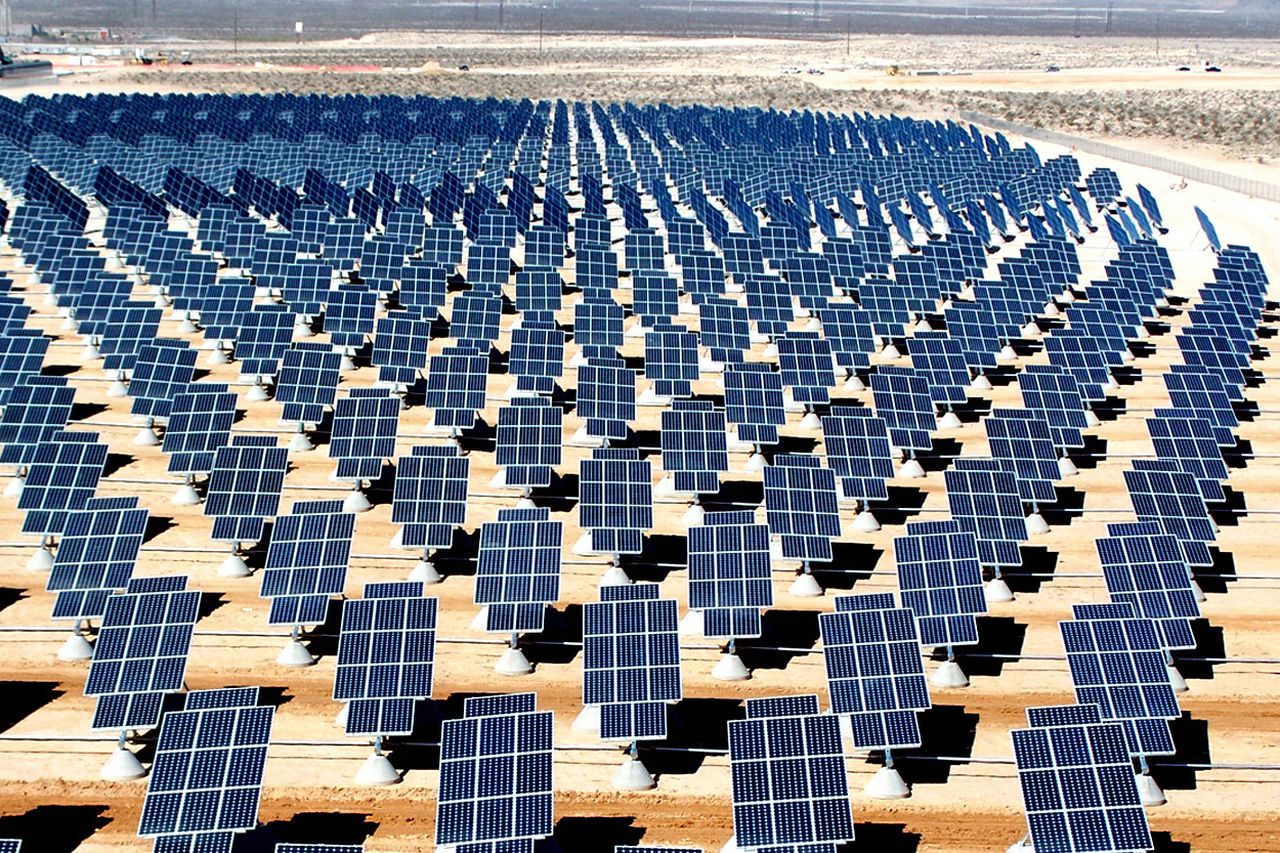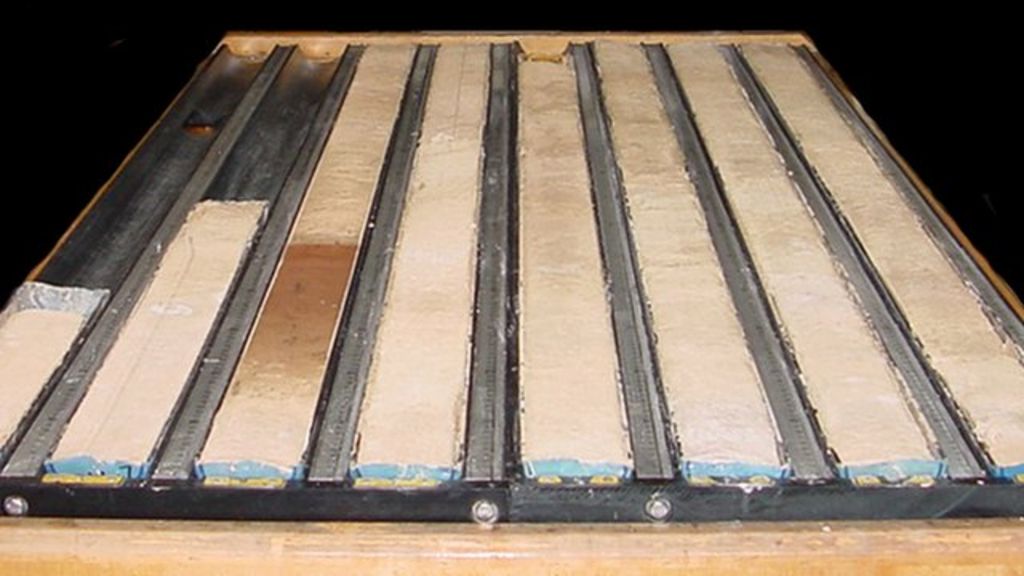Financial Markets and Economy
Wall Street's Pile of Unwanted Treasuries Exposes Market Cracks (Bloomberg)
The world’s biggest bond dealers are getting saddled with Treasuries they can’t seem to easily get rid of, adding to evidence of cracks in the $13.3 trillion market for U.S. government debt.

The oil crash is almost over (Business Insider)
The oil crash is in its final days.

These High-Fee, Unlisted, Junk-Based Funds Aren’t Working Out (Wall Street Journal)
An obscure Wall Street product popular in the easy-money years after the financial crisis is starting to show some cracks.
Chicago Fed: "Index shows economic growth slowed in February" (Calculated Risk)
Led by declines in production-related indicators, the Chicago Fed National Activity Index (CFNAI) fell to –0.29 in February from +0.41 in January. All four broad categories of indicators that make up the index decreased from January, and three of the four categories made negative contributions to the index in February.

Gasoline prices climb toward their highest level of the year (Market Watch)
Gasoline prices at the pump are headed toward their highest level of the year, with $2-a-gallon and beyond on tap, as demand for the fuel hits levels never before seen at this time of year.

Drillers Can't Replace Lost Output as $100 Oil Inheritance Spent (Bloomberg)
For oil companies, the legacy of $100 crude is starting to run dry.

A Different View Of Stock Market Strength And Weakness (Trader Feed)
Sometimes, an important indication of market strength is the absence of weakness.
China central bank to Fed: A little help, please (Reuters)
Confronted with a plunge in its stock markets last year, China's central bank swiftly reached out to the U.S. Federal Reserve, asking it to share its play book for dealing with Wall Street's "Black Monday" crash of 1987.
Halliburton-Baker Hughes Stalled a Third Time by EU (Bloomberg)
Halliburton Co.’s bid to buy oil-services rival Baker Hughes Inc. was stalled for a third time by the European Union as the companies continue to face regulatory hurdles on both sides of the Atlantic.
What is Strategy Diversification (ETF Trends)
It has been said that diversification is the only free lunch in investing. The power of diversification is that we can – theoretically – spread our bets out in a way that reduces our risk without necessarily reducing our expected return.

Starwood Hotels is parting ways with a Chinese suitor and taking a sweetened offer from Marriott (Quartz)
Starwood Hotels and Resorts Worldwide has called off plans for a takeover by China’s Anbang Insurance Group after Marriott International, which agreed in 2015 to acquire Starwood, showed up with a richer offer.
 Apple announces iPhone SE, 9.7-inch iPad Pro, lower watch prices (Market Watch)
Apple announces iPhone SE, 9.7-inch iPad Pro, lower watch prices (Market Watch)
The Apple Watch is $50 cheaper than before. The 4-inch iPhone SE is the most affordable new iPhone ever. The 9.7-inch iPad Pro is three inches smaller than its predecessor.
Those three product announcements on Monday capped off an Apple event in Cupertino, California, that seemed somewhat miniaturized. It was filled with smaller screen sizes and reduced prices — even the theater where it was held was smaller than usual.
Smart Beta Crash Coming? (A Wealth of Common Sense)
Rob Arnott from Research Affiliates caused a bit of a stir in the fund world a few weeks ago when he called for a potential crash in smart beta funds.
New Japan ETF A Standout Among Giants (ETF)
The Global X Scientific Beta Japan (SCIJ) is a smart-beta take on Japan’s total equity market, and one that’s not even a year old yet. Still, this young—small—fund, with less than $12 million in assets, is delivering an impressive performance relative to the giants in the space.
Five graphs for 2016: March update (The Bonddad Blog)
At the beginning of this year, I identified graphs of 5 aspects of the economy that most bore watching. With the first 2 months of data under our belts, let's take a look at each of them.

Valeant Pharmaceuticals New CEO Search; Ackman Joines BOD (Value Walk)
Valeant Pharmaceuticals halted trading in pre-market hours for news which we are awaiting and will update when it comes in.
Chart o’ the Day: Motion Sickness (The Reformed Broker)
MKM Partners’ technical ace Jon Krinsky shows how frustrating (or lucrative, depending) the broad market has been for investors over the last 9 months.

The Most Important Light Bulb Deal in the World (Slate)
Last month, JPMorgan Chase announced a deal with Current, a newly formed unit of General Electric, under which Current will plan, manage, and help finance the installation of 1.4 million superefficient light-emitting diodes at some 5,000 of the bank’s branches over the next two years. “It’s the largest rollout for an LED retrofit,” Jaime Irick, the chief commercial officer of Current, told me. The deal could help cut the branches’ lighting-related energy costs in half.
The ONLY Buyer of Stocks Just Stopped Buying (Zero Hedge)
The rally of the last month has many scratching their heads.
Politics
 How Republicans Licensed Their Brand to Trump (Bloomberg View)
How Republicans Licensed Their Brand to Trump (Bloomberg View)
Republicans act shocked that their party might as well be one of Donald Trump’s hotels with his name plastered on it. He is almost certain to win the Arizona primary on Tuesday, and barring a miracle or a coup at the convention, he will be the Republican presidential nominee. Many millions have been spent by the anti-Trump forces, to no avail. A prominent mainstream member of the party recently told me that donors met secretly in a restaurant to plot their next move, but the only decision they have made was how they would like their steak done.
 Standing beside Obama, Castro spars with press over political prisoners in Cuba (Market Watch)
Standing beside Obama, Castro spars with press over political prisoners in Cuba (Market Watch)
Cuban President Raúl Castro sparred with U.S. reporters on Monday over Cuba’s human-rights record, saying at one point that it was not fair to ask about prisoners in general and at another point that he would release by the end of the day anyone named as a political prisoner by a reporter.
 Clinton's Convenient Evolution on Israel (Bloomberg View)
Clinton's Convenient Evolution on Israel (Bloomberg View)
An hour after Hillary Clinton delivered a stem-winder at the American Israel Public Affairs Committee's annual conference, Republicans issued a statement denouncing her as a phony. According to the Republican National Committee chairman, Reince Priebus, the speech was a "whitewash" of her anti-Israel record as secretary of state.
It's easy to understand why Republicans would be so quick to pounce.
Why Sanders Trails Clinton Among Minority Voters (NY Times)
Asked during a January debate why he trailed Hillary Clinton so badly among minority voters, Senator Bernie Sanders said he would gain groundonce those voters became familiar with his track record and agenda on the economy and criminal justice.
Technology
 A Future With No Traffic Lights Is Terrifying (Gizmodo)
A Future With No Traffic Lights Is Terrifying (Gizmodo)
MIT’s researches have been fiddling with virtual models programmed to eliminate traffic lights at intersections with the introduction of fully-autonomous cars, and for the first time I can easily picture how terrifying flying through an intersection with no control just might be.
Up until now I have personally been very comfortable with the prospect of having an autonomous car chauffeur me to my destinations. I still feel comfortable with what is ultimately inevitable at this point.
 Liam is Apple’s robot that disassembles iPhones for recycling (The Next Web)
Liam is Apple’s robot that disassembles iPhones for recycling (The Next Web)
Apple heavily emphasized its environmental work at its event in Cupertino today and showed off an amazing little robot called Liam that it uses to recycle iPhones. The robot automatically scans old iPhones and separates them into component parts, which can allow old parts to become new parts. Liam scans materials in the phone and instantly knows the makeup of the part as well as what it can be used for. Apple says that old parts can become solar panels, new iPhones or other hardware. It’s not clear how many Liam’s Apple has, but the company says its engineers designed
 Self-Driving Cars Won’t Work Until We Change Our Roads—And Attitudes (Wired)
Self-Driving Cars Won’t Work Until We Change Our Roads—And Attitudes (Wired)
Autonomous vehicle will join human drivers on our roads sooner than most people think. At Baidu, we plan to put commercial, self-driving cars on the roads by 2018. But the way to make them safe is not to make them act just like human driven cars—in fact, the limitations of today’s technology mean that’s not feasible. Instead, we should make modest changes to our infrastructure, program these cars to behave as predictably as possible, and teach the public new ways to interact with them.
Health and Life Sciences
 How to Transform Your Coffee Into a Wonder Drug (Bloomberg)
How to Transform Your Coffee Into a Wonder Drug (Bloomberg)
Coffee lovers of the world know that their morning cup contains a substance to be reckoned with. Caffeine is so effective at juicing our energy and productivity that until 2004, its intake was restricted by the International Olympic Committee. But the original performance-enhancing drug doesn't just provide a jolt to athletes.
Opioid Prescriptions Increase Following Low-Risk Surgery, Says Study (Forbes)
Reviewing how opioids are being prescribed after low-risk surgical procedures gives another look into how clinicians are prescribing painkillers to patients and how these practices may be contributing to a growing epidemic.
There were 18,893 deaths involving prescription opioids in the country in 2014, up 16% from 2013, according to the National Center for Health Statistics (NCHS).
A New View of Appendicitis (NY Times)
Gwen Deely’s story is an example of how not to deal with a health crisis when traveling abroad. She realizes she’s lucky to be alive.
 Eraser drug makes stem cells embryonic again (Futurity)
Eraser drug makes stem cells embryonic again (Futurity)
If you want to harness the full power of stem cells, all you might need is an eraser.
Not an ordinary eraser, of course. More of a drug, really. But if you use it right, it can erase the tiny labels that tell cells where to start reading important chapters in DNA, their inner instruction manual.
Life on the Home Planet
 Big solar is heading for boom times in the US (Vox)
Big solar is heading for boom times in the US (Vox)
When people think of solar power, they tend to think of panels on rooftops. That kind of small-scale, distributed solar power is the most visible, gets the most press, and, from the consumer perspective, has the most sex appeal.
But the humble workhorse of solar power is the utility-scale solar power plant, usually defined as a solar array larger than 5 megawatts.
 Rate of carbon emissions put in context (BBC)
Rate of carbon emissions put in context (BBC)
We are now putting carbon into the atmosphere at a rate unprecedented since at least the age of the dinosaurs, scientists say.
The researchers have examined ocean sediments laid down during the so-called Palaeocene-Eocene Thermal Maximum – a dramatic warming event some 56 million years ago.
 Chernobyl Didn't Kill Nuclear Power (Scientific American)
Chernobyl Didn't Kill Nuclear Power (Scientific American)
Thirty years ago, at 1:24 A.M. on April 26, 1986, explosions blew the lid and roof off the Chernobyl Unit 4 nuclear reactor in Ukraine, in the former Soviet Union, blasting radioactive material into the atmosphere. The outflow, driven by a raging fire within the reactor core, blew in all directions during the following week. Ultimately an area of 3,110 square kilometers was contaminated with cesium 137, to a level requiring evacuation.



